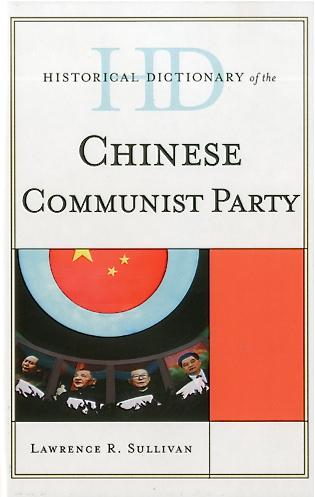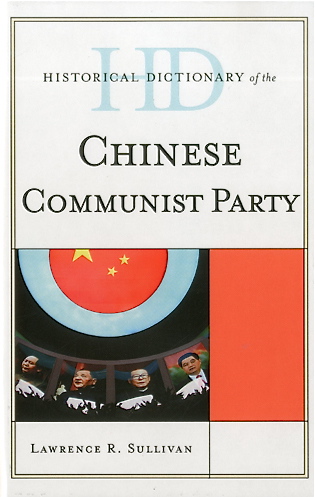Sullivan, Lawrence R. “Historical Dictionary of the Chinese Communist Party,” The Scarecrow Press, Inc. 2012. ISBN: 978-0-8108-7470-1.
The Chinese Communist Party, Partially Defined
With more than 400 entries, an introduction, appendices, and bibliography, the new volume by Scarecrow Press will be useful indeed.

Scarecrow Press
|Updated:
Matthew Robertson is the former China news editor for The Epoch Times. He was previously a reporter for the newspaper in Washington, D.C. In 2013 he was awarded the Society of Professional Journalists’ Sigma Delta Chi award for coverage of the Chinese regime's forced organ harvesting of prisoners of conscience.
Author’s Selected Articles






